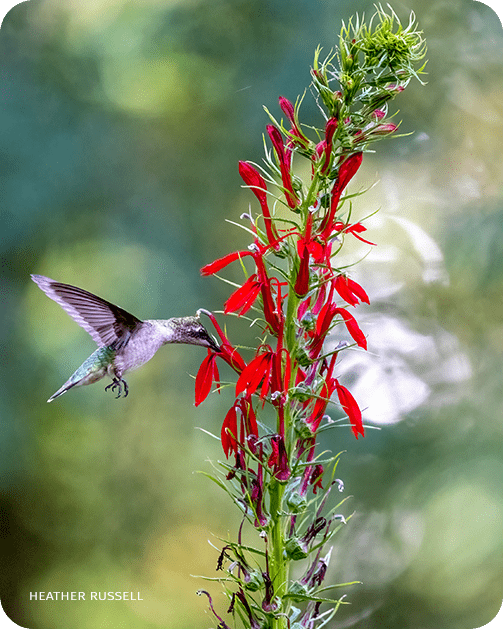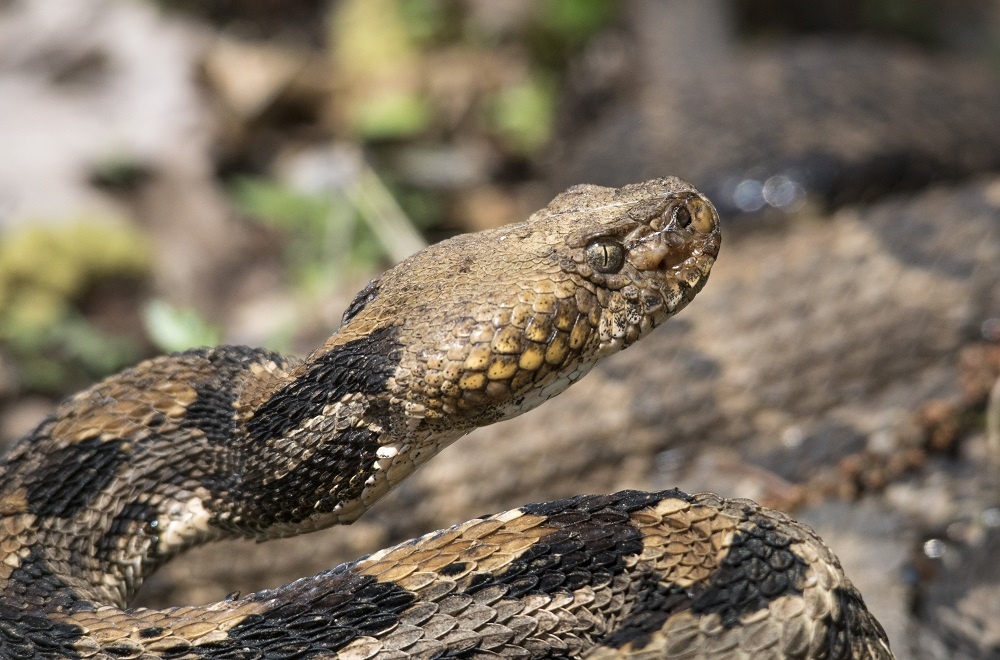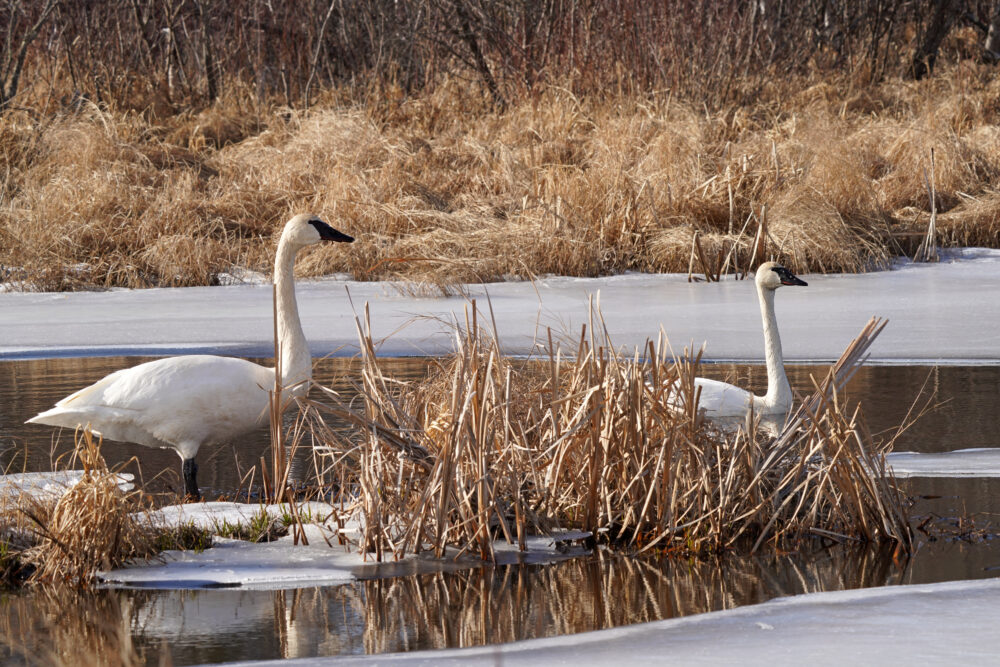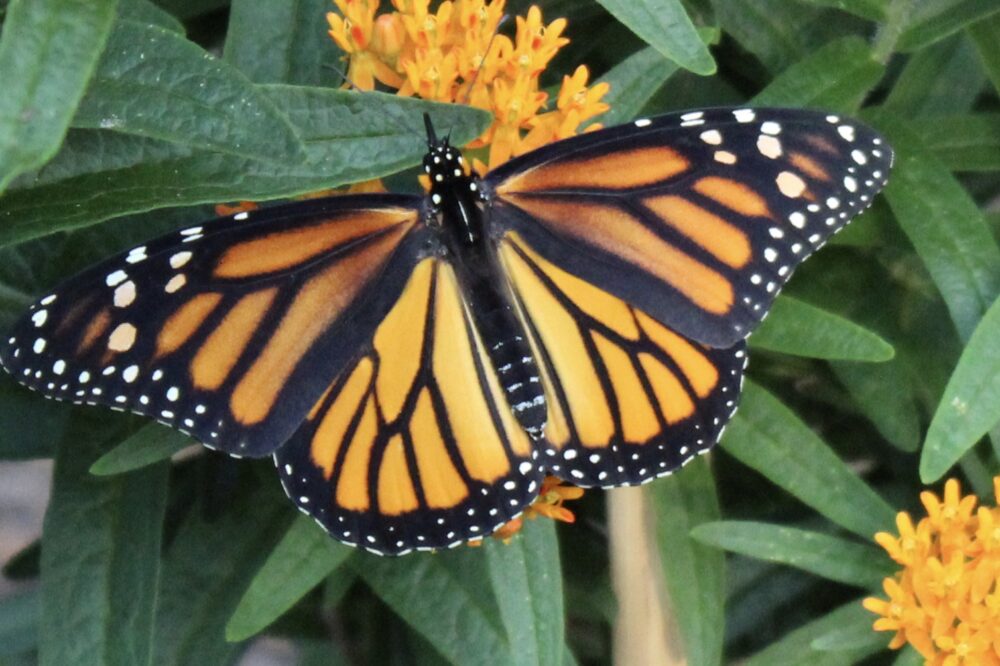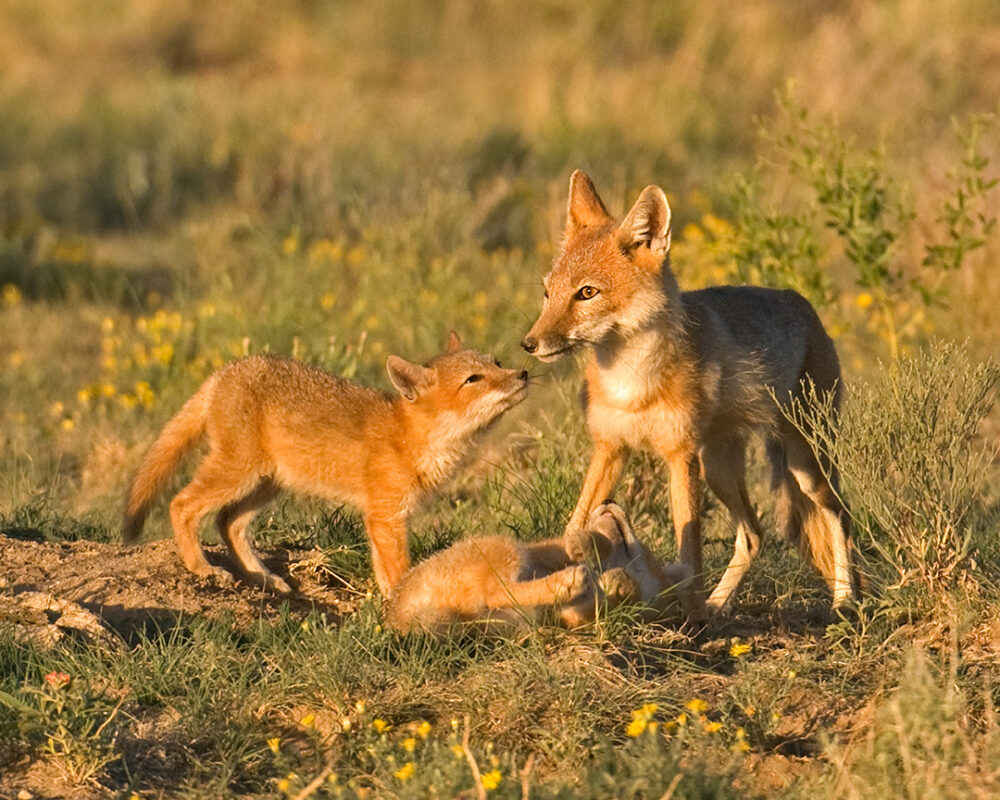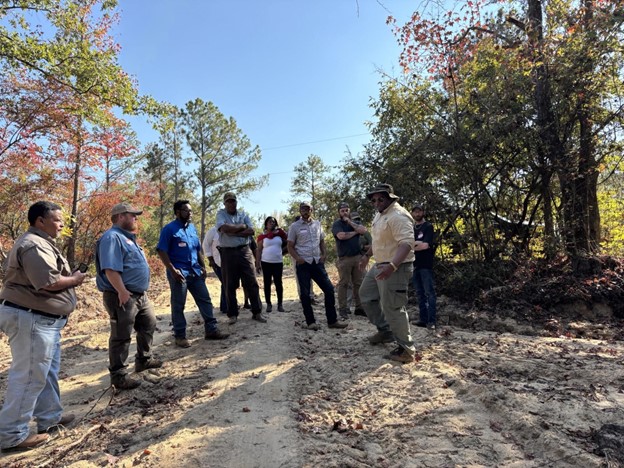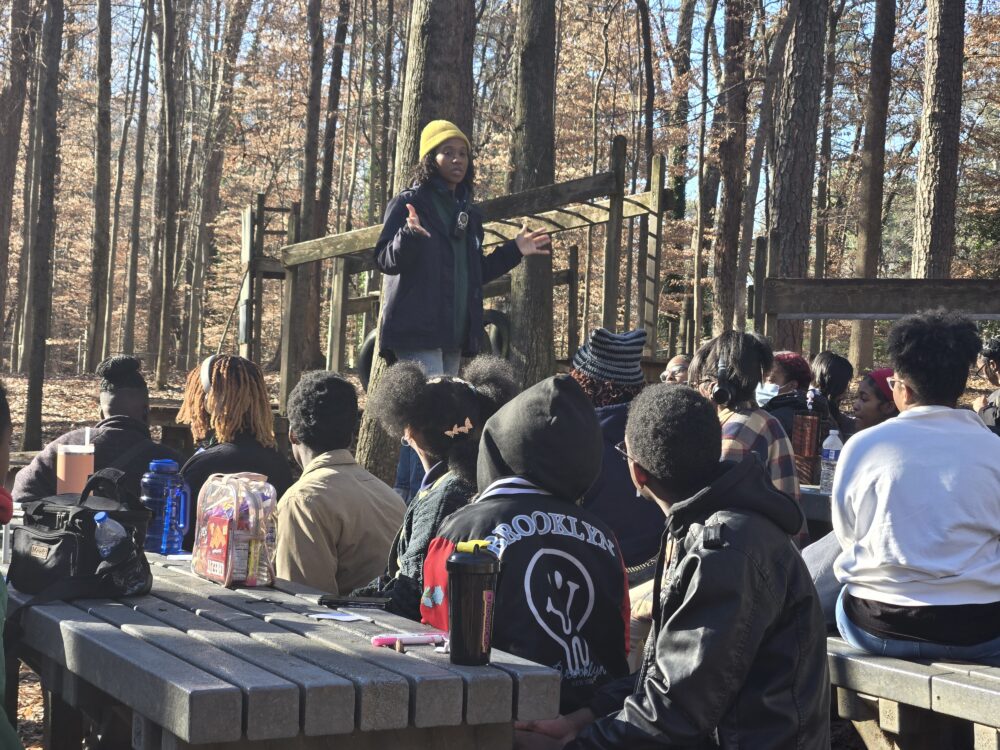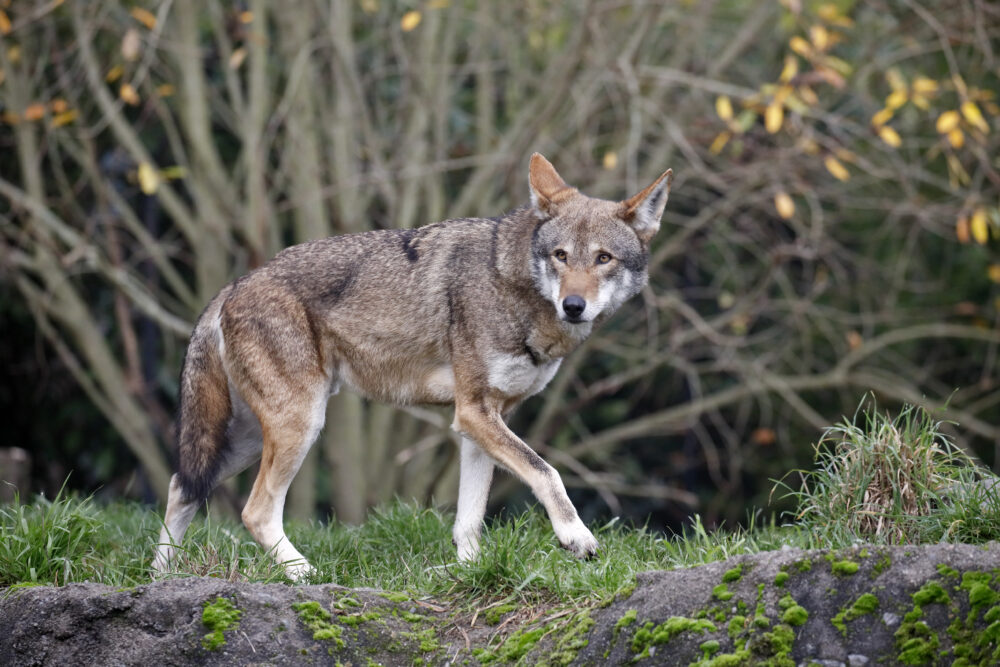We have much more to do and your continued support is needed now more than ever.
As Matthew Hits Florida, Wildlife Among Many In Harm’s Way
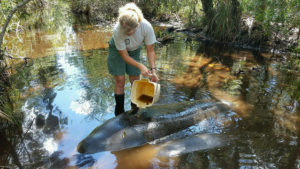
As Hurricane Matthew hits Florida, the top priority is evacuating people from the danger zones and preparing communities for the storm’s impact. We’re grateful to the public officials, first responders, forecasters, and all the other people working around the clock to keep people safe.
In addition to impacts to homes, businesses and infrastructure, the National Wildlife Federation will be monitoring some potential impacts to Florida’s wildlife and natural resources:
- The storm poses a new threat to Florida’s sea turtles, all of which are threatened or endangered, after Hurricane Hermine destroyed 668 sea turtle nests last month. Sea turtles continue hatching through late October. Manatees were rescued after being stranded miles inland after Hermine. The storm could also damage coastal reef ecosystems.
- Lake Okeechobee is already near capacity and Matthew will add new pressure on its dike. Even if the dike holds, sending more polluted water from Lake Okeechobee to the Gulf and Atlantic coasts could further stress systems struggling to recover from this summer’s toxic algae outbreak. Gov. Scott’s appointees on the South Florida Water Management District board had a chance to ease pressure on the lake by buying adjacent sugar farm land, but turned it down last year in part because US Sugar preferred not to sell.
- In the big picture, Matthew is only the latest storm that’s getting added fuel from extremely warm ocean water. The National Wildlife Federation has reported on how global warming is fueling stronger hurricanes.
- Previous storms like Katrina and Sandy sent the National Flood Insurance Program into billions of dollars in debt and Matthew will be yet another stress on its budget. The National Wildlife Federation continues urging Congress to reform the NFIP, among other changes needed to deal with rising sea levels and stronger coastal storms.
The National Wildlife Federation and our state affiliate, the Florida Wildlife Federation, will continue monitoring Hurricane Matthew and its impacts on communities and wildlife. We hope everyone stays safe and heeds evacuation orders where necessary.
Take ActionUrge your members of Congress to support climate action now to curb the supply of added fuel that’s turning major storms into monsters.




